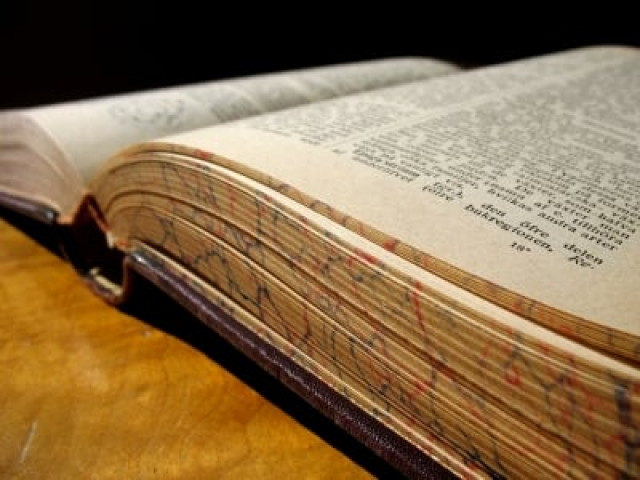Pakistani fiction in English has packaged creativity with much ingenuity. The region has produced writers who have tackled the two-fold notion of creativity with great ingenuity. This set of writers does not only subsume those who have received international acclaim but also includes those who have been published locally.
However, there is an attitude of complacence in some Pakistani writers, particularly with regard to their stylistic persuasions. Owing to the restive urge to write speedily, literary works by some of these writers are, more often than not, devoid of the originality that comes from introspection. They use written words as a motif for expressing ideas without placing due emphasis on literary sophistication that offers the reader insight into the writer’s personality. As a result, the ideas become stale and fail to reflect the passion with which the author has penned the literary work.
For instance, upon reading Khadija Khan’s The Mind of Q, I was astonished to find that her compact ideas had not been enshrined through inventive prose. In fact, I felt that she had blithely executed the range of her ideas, rendering the book a tiresome read. More significantly, I was disquieted by the following sentence:
‘Questa made frequent use of The Calculator that had been eternally fixed into her brain – not to make general additions and subtractions – but to assess the precise probability of the result that may have occurred if she were to go ahead with a certain decision.’
Although the originality of the sentence is intact, there is still a pressing need to refine the blandness with which it is fashioned. The analogy may read like a metaphor but it stifles the impulse of creativity by restricting the complexity of the mind to a mere mathematical precision. My detractors may argue that the notion of likening the mind to a calculator is pertinent in that particular stage of the plot, but they must also comprehend that there are more insightful analogies that the writer could have expressed herself.
This goes to show that the literary scene in Pakistan is encountering three detrimental problems: Firstly, there is a dearth of innovation and stylistic techniques are still very archaic and unappealing. Secondly, the writers themselves are averse to tapping their true stylistic potential which has rendered their ideas numb and dreary. Lastly, there is an infinitesimal degree of thought given by writers to the possibility of acquainting their literary aspirations with their personal motives and values lest their work is dubbed sentimental.
These concerns can only be addressed by editors who should try to offer sound advice on how to improve and ‘personalise’ a literary work in such a way that creativity is retained.



COMMENTS
Comments are moderated and generally will be posted if they are on-topic and not abusive.
For more information, please see our Comments FAQ